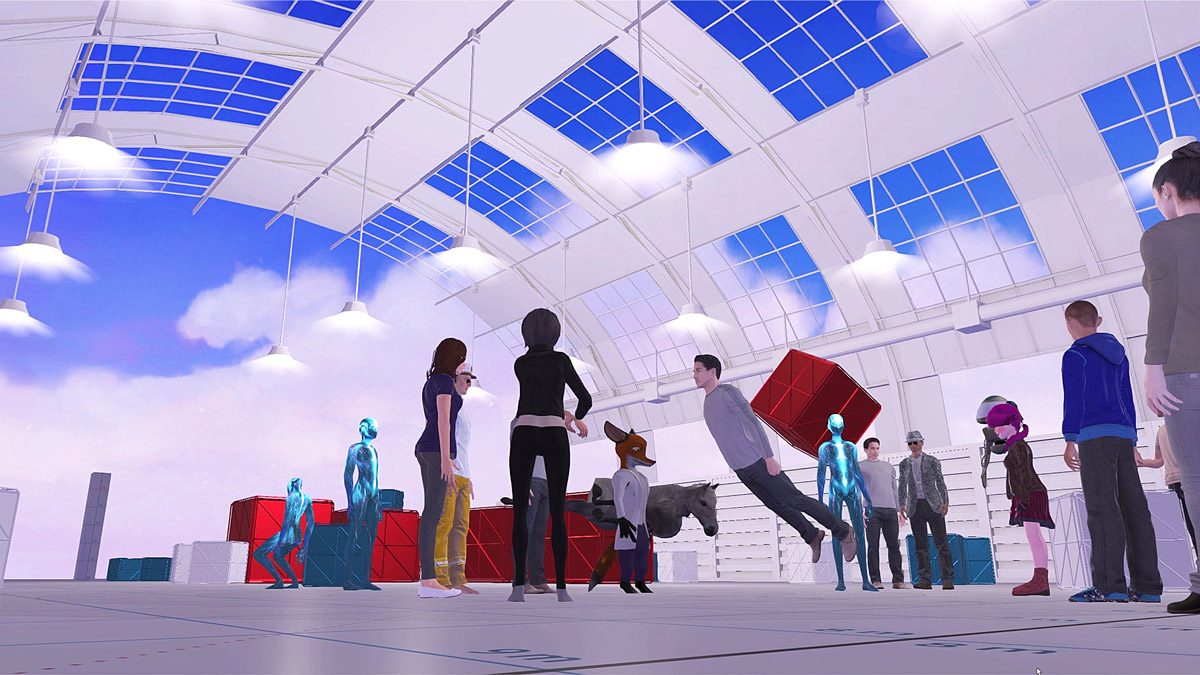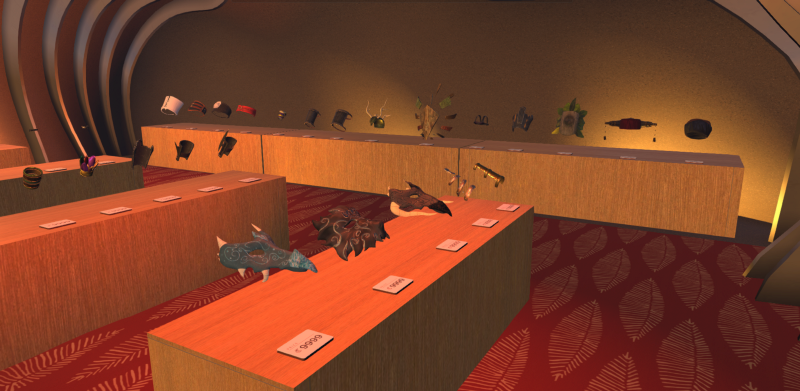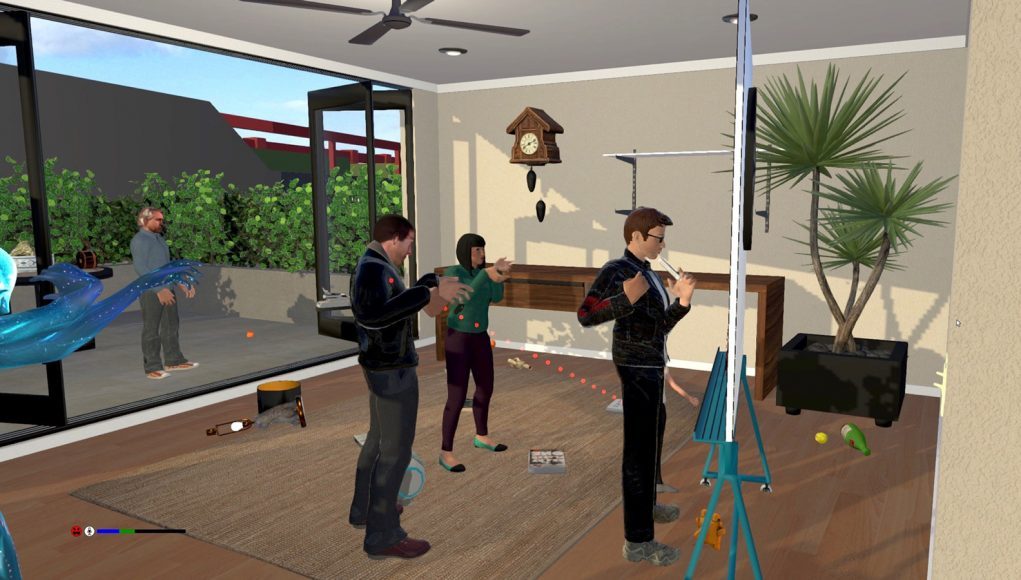High Fidelity, the social VR platform founded by Second Life founder Philip Rosedale, today announced it’s successfully closed a $35 million Series D financing round. The company says it’s using the funds to continue development on its global infrastructure for VR experiences, to accelerate hiring, and to open a new office in Seattle.
Leading the round was blockchain investment firm Galaxy Digital Ventures, which invested $20 million from its Galaxy EOS Ecosystem Fund; new investors include Blockchain Capital. Existing investors Breyer Capital, IDG Capital Partners, and Vulcan Capital also signed on for the latest round.
The Series D brings total investment in High Fidelity to more than $72 million. The company’s first investment round was secured in mid-2013, garnering the fledgling startup $2.4 million in venture capital.

The latest funding round continues the company’s emphasis on blockchain technology, which High Fidelity CEO and co-founder Philip Rosedale says will be required for the future of a large-scale, decentralized VR metaverse.
“We will go to school, attend events, entertain each other, and build entirely new worlds together, all from within VR,” said Philip Rosedale, CEO and founder of High Fidelity. “To reach this scale and to deliver safely on such a promise, VR must be decentralized, including deeply using blockchain technology. Galaxy Digital will guide us capably in adopting that technology and creating the right partnerships with the larger blockchain ecosystem, for example the EOS blockchain where we are currently beta testing integration.”
High Fidelity already maintains its own cryptocurrency for in-game purchases called High Fidelity Coin (HFC), something the company calls a high-speed stablecoin which isn’t meant for speculators looking to hold for profit.

High Fidelity’s also maintains a Digital Asset Registry (DAR), which is also based on the blockchain. DAR is said to provide “indisputable proof of identity and ownership and strong protection against content forgery,” and is used when trading goods on The High Fidelity Marketplace—the platform’s digital marketplace for everything from clothes to avatars, as well as scripts and applications.
The company definitely sees big VR business on the horizon, as it predicts VR growing to ‘Internet-scale’, reaching 1 billion people and generating a $1 trillion economy of virtual goods and services. That’s a lot of income streams waiting to be capitalized on, and High Fidelity wants to be the main driver.







